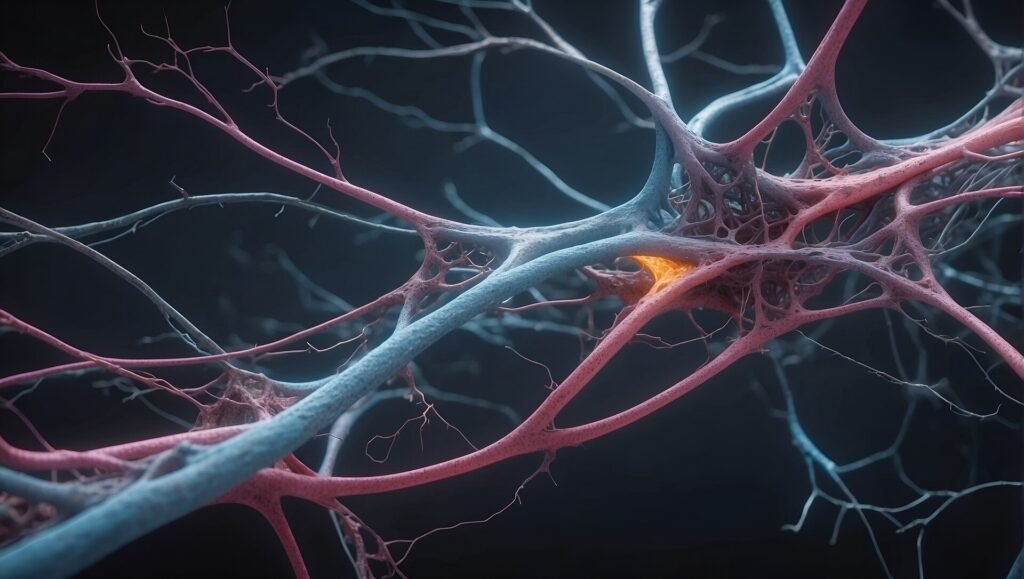The importance of salt in the human diet cannot be overstated. While too much sodium can lead to serious health issues like high blood pressure and cardiovascular disease, too little salt can also have negative consequences on the body. In a recent study conducted by researchers at the University of Iowa, the specific neurons responsible for triggering salt appetite have been identified for the first time.
The study focused on the role of aldosterone, a hormone that regulates sodium levels in the body. When aldosterone levels are high, as is the case in conditions like primary aldosteronism, individuals may experience an increased appetite for salt. This phenomenon has been observed in both animal and human studies, indicating a strong link between aldosterone levels and salt consumption.
The research team discovered a small population of neurons in the brainstem, known as HSD2 neurons, that are essential for driving salt intake in response to aldosterone. By using genetically targeted cell deletion, the researchers were able to confirm that these HSD2 neurons are crucial for aldosterone-induced salt consumption. This finding has significant implications for understanding and potentially treating sodium-related health conditions.
The study also revealed that humans have a similar population of HSD2 neurons in the brainstem, suggesting that the neural circuit responsible for salt appetite is conserved across species. This discovery opens up new possibilities for developing targeted therapies that can regulate salt intake without affecting other vital functions.
Overall, the research sheds light on the complex neural circuitry that controls salt appetite and provides a promising target for future therapeutic strategies. By gaining a better understanding of the neurons involved in triggering salt appetite, researchers hope to uncover more about the mechanisms underlying appetite control in the brain. This groundbreaking study paves the way for further exploration into the neural pathways that govern our dietary behaviors and may lead to new treatments for conditions related to sodium intake.
As the research continues to unfold, the University of Iowa researchers are optimistic about the potential impact of their findings on the field of neuroscience and human health. By unraveling the mysteries of salt appetite and the brain circuitry that governs it, they hope to pave the way for more targeted and effective treatments for a range of health conditions.


